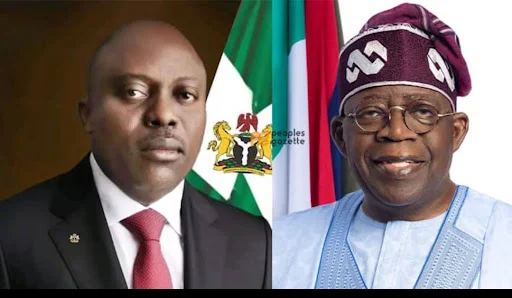Constitutional Brinkmanship
The emergency declaration represents more than a localized political dispute. It is a profound challenge to Nigeria's federal structure, challenging the delicate balance of power between state and federal governments. Legal experts argue that President Tinubu has crossed a critical line by suspending Governor Siminalayi Fubara, his deputy, and the entire State House of Assembly—a move that appears to stretch the Constitution's emergency provisions beyond their intended scope.
Section 305 of the Nigerian Constitution permits emergency declarations under extreme circumstances such as war, natural disasters, or complete breakdown of public order. However, the wholesale removal of elected officials is not among the prescribed remedies. Senior Advocate of Nigeria Afam Osigwe and other constitutional scholars emphasize that such actions fundamentally undermine the democratic process.
The Political Chessboard
The crisis in Rivers State is symptomatic of deeper political tensions within Nigeria's ruling All Progressives Congress (APC). With the party holding a minority position in the National Assembly—155 of 360 House seats and 60 of 109 Senate seats—the emergency declaration's ratification appears increasingly problematic.
The constitutional requirement of a two-thirds majority (240 House and 72 Senate votes) seems mathematically challenging without significant bipartisan support. Critics argue that the voice vote approach represents a dangerous precedent of legislative rubber-stamping, effectively neutering the National Assembly's role as a critical check on executive power.
Broader Implications: Beyond Rivers State













